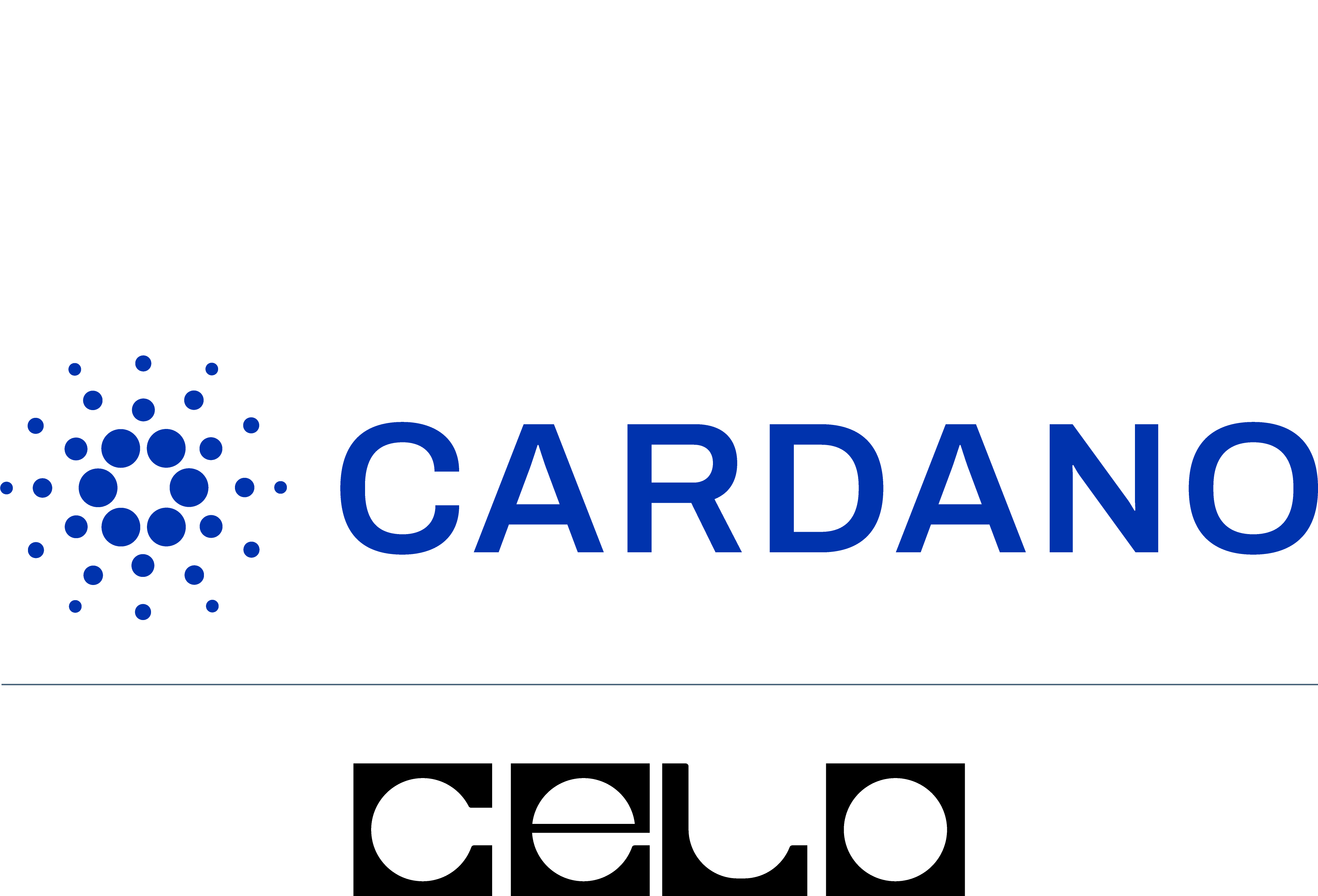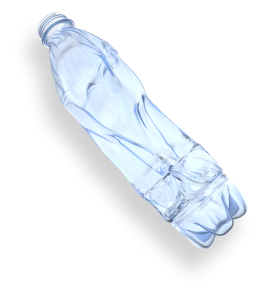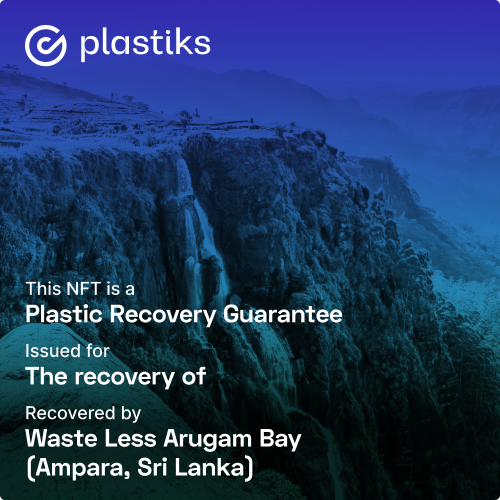 Our sustainable mission
Our sustainable mission
Poor waste management in Sri Lanka is causing upsetting environmental biodiversity problems. Municipal waste is regularly discarded in open garbage dumps, many of which are located near protected areas and wildlife habitats. Waste is turning dumpsites into death traps for Sri Lankan elephants, which means they are inadvertently eating large amount of plastic and dying from it. Plastic waste circulating in the Bay of Bengal end of on Sri Lankan beaches as well as domestic waste that is discarded along rivers and beaches. Waste less Arugam Bay (WLAB) is a project founded by Lanka Upcycles in 2018, that works with local people of Arugam Bay on the east coast of Sri Lanka, cleaning up jungle areas that are home to Sri Lankan elephants, beaches and provides waste management to tourism industry which is a large polluter. Using precious plastic machines, the project collects and crushes plastic to send off to the recycling center. Less plastic ends up in the environment, saving the lives of animals, and everyone has cleaner drinking water as a result of less waste leakage.
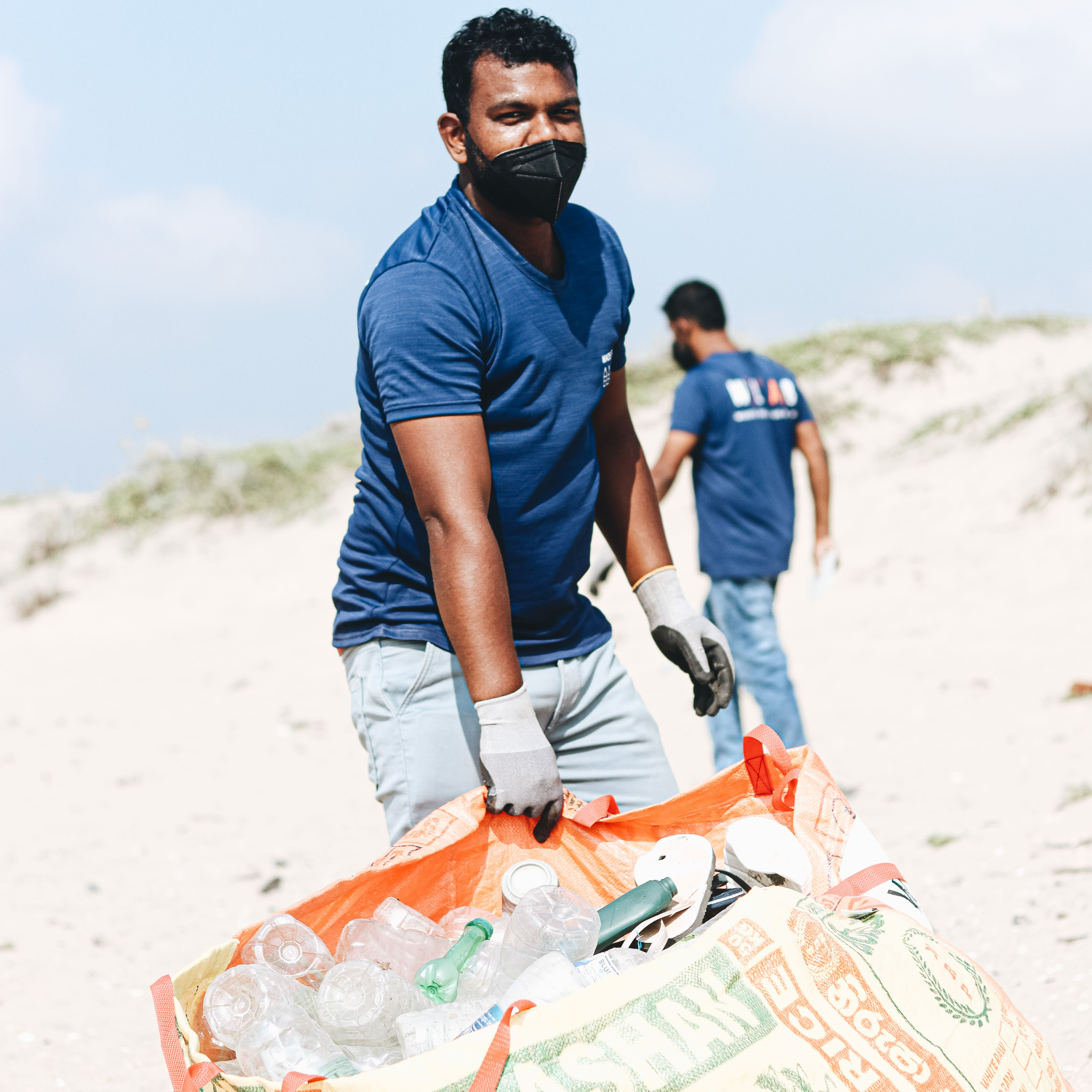
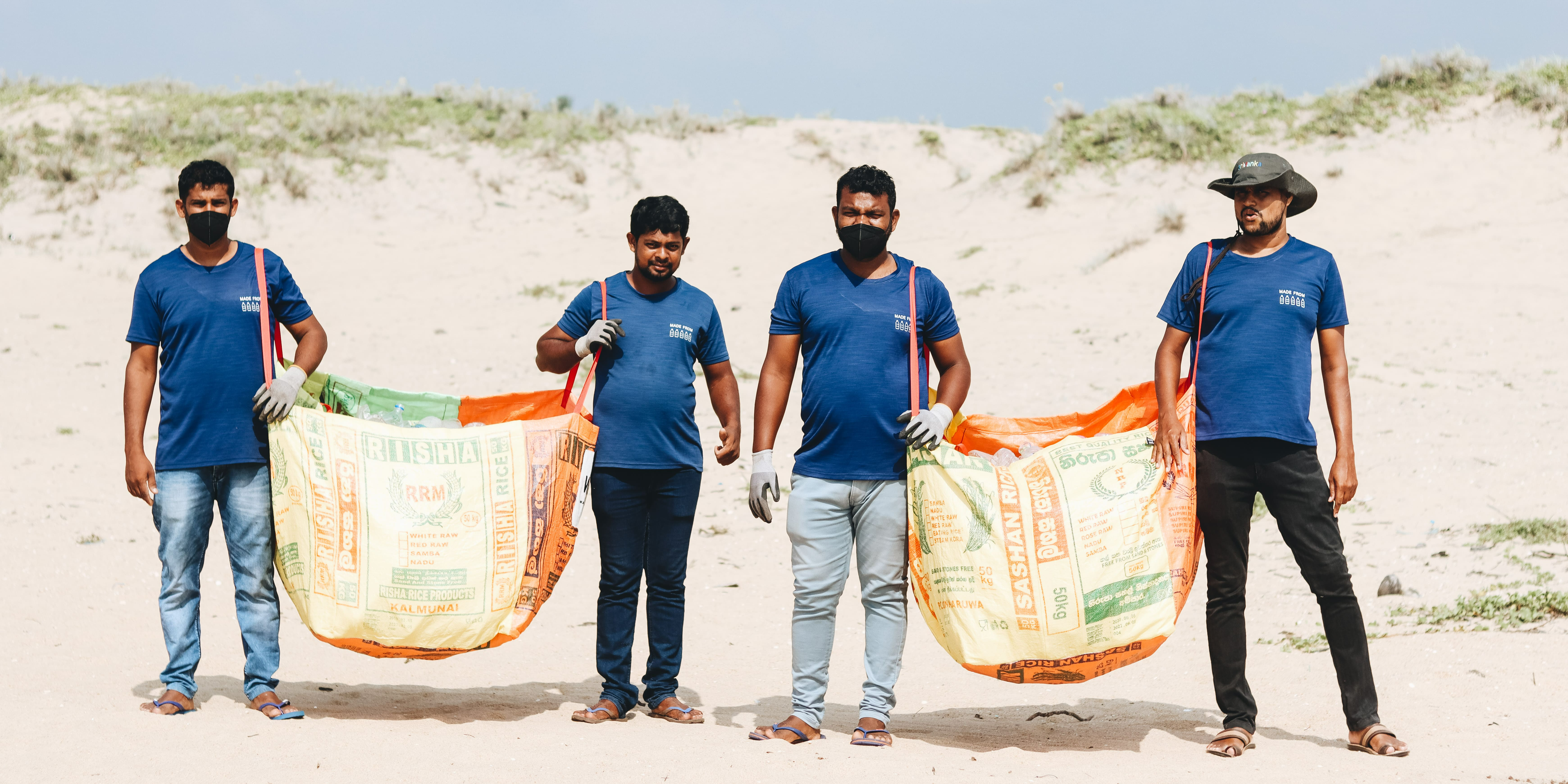
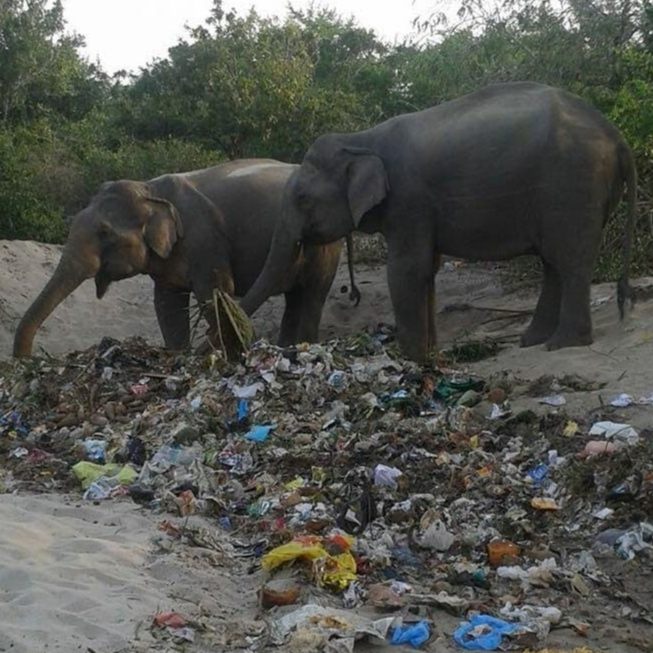
Lanka Upcycles, the mother company is a fair-trade social enterprise that improves the livelihoods of local communities. Our mission is to offer local solutions to the global waste crisis and create steady jobs for women from rural areas. With Waste less Arugam Bay, Lanka Upcycles is the first recycler and manufacturer of fairtrade plastic products, certified by the World Fairtrade Organization. To sustain our mission and grow our impact we need to scale our collection and provide better infrastructure for the local population to avoid waste being discarded in the environment or burned. To achieve as sustainable business operation urgent scaling of our collection vehicle is needed within 2023. The current vehicle has a too small capacity to transport enough value in waste plastics to operate a profitable collection. When scaling collection points it will be essential to scale our transport capacity to break even.
